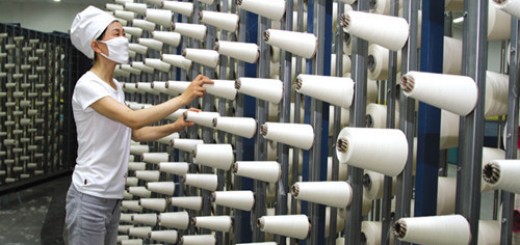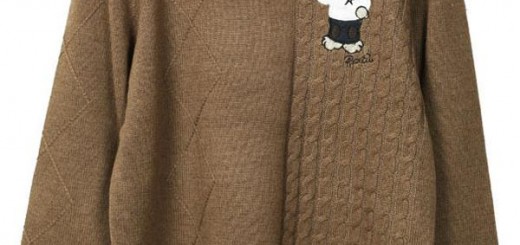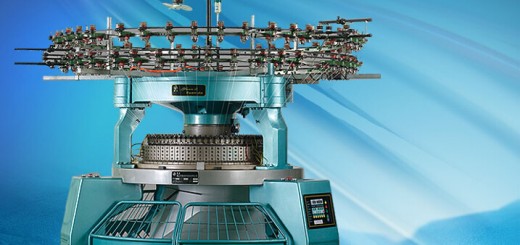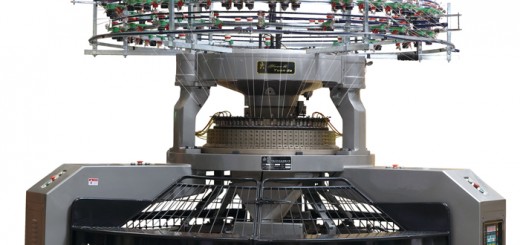Knitting yarns will subject to complex mechanical effects, such as bending, twisting and friction. In order to ensure the quality of knitted products, the knitting yarns should meet these requirements.
1. Strength and elongation
The strength is an important quality indicator of knitting yarns, because yarns should bear the tension and repeated loads in the preparation for weaving. Moreover, the yarns will be bent and distorted during waving, therefore, the yarns should have elongation which can reduce the breakage of yarns.
2. Flexibility
Flexible yarns are easy to bend and twist so that can make the knitted loops in finished products more even and beautiful, at the same time can reduce the breakage of yarn and the damage to the components of knitting machine.
3. Twist degree
Generally, the higher twist degree is the poorer flexibility of knitting yarns have. The higher twist degree makes the yarns difficult to be bent and twist and easy to cause knots and damage to knitted fabrics. In addition, the lager twist degree will influence the flexibility of knitted fabrics. Is the twist degree is over low, it will influence the strength of yarns, and the fabrics are easy to pilling, reduce the durability of knitted fabrics. Therefore, choosing the yarns with appropriate twist degree is also an important method to ensure the quality of knitted fabrics.
4. Moisture absorption
The moisture absorption of knitting yarns refers to the ability for yarns to absorb the moisture in the air. The knitting yarns for machine use should have this characteristic. Under the condition of same relative humidity, the yarns with excellent moisture also have better electrical conductivity, at the same time can increase the stability and extensibility of yarns and give the yarns better performance.
5. Smoothness and low friction coefficient
The knitting yarns should be as clean as possible, without grease and other impurities. If the yarns are not smooth enough, the machine will be damage easily, and the impurities will also influence the health of workers and affect the productivity and quality of knitted fabrics.In addition, the yarns with high friction coefficient will form higher tension in the machine and cause uneven knitting loops. In order to reduce the friction coefficient, manufactures can give the surface treatment through antistatic agents and lubricant or wax.




